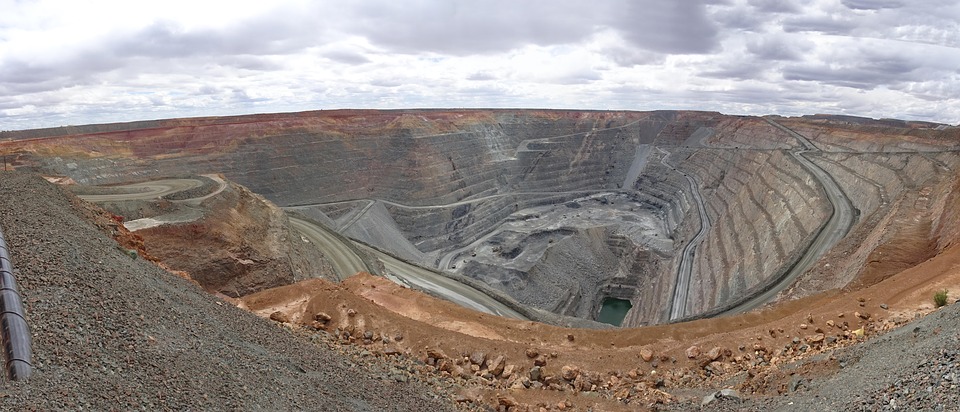AUSTRALIAN MINING PRACTICES IN THE NEWS
Quite apart from the ecological impacts of mining in forested areas, mining has significant environmental impacts, including long term contamination of soil and water sources, formation of sinkholes, and the production of large amounts of toxic waste, or tailings.
Australia has strict regulatory watchdogs to ensure safe environmental practices. The news items below however, show that even in Australia, what is purported to be best practice, can be at best described as tokenisitic, and at worst, criminal negligence. Many Australian mining companies are happy to privatise profits, but pass on the costs and risks of their abandoned mines to the taxpayer.
If this is the outcome in a heavily-regulated developed country like Australia, what will the future of Ecuador's "investor-friendly mining regime" actually look like?

"More than 60,000 mines have been abandoned across Australia, according to a report that raises concerns about how land rehabilitation is managed as the mining boom ends. The Australia Institute research, obtained exclusively by Lateline, said there were few reliable statistics on the state of Australia's mines and there was evidence that only a handful had ever been fully rehabilitated."
ABC News, 16 Feb 2017
"The Northern Territory Government is facing questions about whether it breached its own legislation when managing taxes paid by mining companies for the clean-up of legacy mines.
Both the mining industry and environmental lawyers have called for greater transparency of the Government's handling of millions of dollars collected through the legacy mine levy."
ABC News, 21 Feb 2017
"Wandering around Australia, you might want to watch your step — the country currently has more than 50,000 abandoned mines. Some represent a significant threat from contamination; others may pose safety risks; and still others may be losing their value as cultural heritage.
Recently experts met in Brisbane for the four day Life of Mine conference to explore how to leave positive legacies from mining. This included exploring the challenges of, and long term solutions for, our abandoned mines."
The Conversation, 23 July 2014
"Recent incidents in Brazil and Australia have once again put the spotlight on the safety of mining operations, and specifically their dams. In February, Brazil’s environment authorities in the eastern Para State asked operators of the Alunorte alumina refinery to reduce operations by 50 per cent due to concerns over potential water contamination.
Barely two weeks later, a section of the northern dam wall at the Cadia mine, located in eastern Australia’s state of New South Wales, collapsed. The incident forced the mine’s operator, Newcrest Mining, to halt operations at the mine."
UN Environment Report: Dam or be damned - Mining Safety under Scrutiny 22 March, 2018
Irresponsible Australian mining companies in Africa
The ICIJ noted in a 2015 report that since 2004, more than 380 people have died in mining accidents or in off-site skirmishes connected to Australian mining companies in Africa.
The ICIJ report further stated: "Multiple Australian mining companies are accused of negligence, unfair dismissal, violence and environmental law-breaking across Africa, according to legal filings and community petitions gathered from South Africa, Botswana, Tanzania, Zambia, Madagascar, Malawi, Mali, Cote d'Ivoire, Senegal and Ghana."